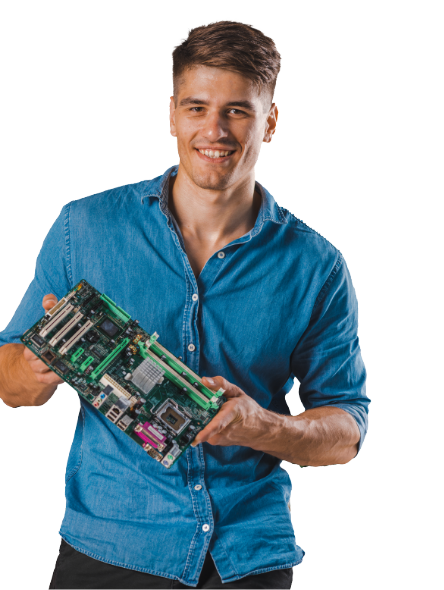Like the internet, blockchain has started to underpin new business models.
BOSTON – Blockchain may never be a panacea for all company transactions issues, but in the end, it will become an industry based technology leading to fresh company models. However, in advance, it will be necessary to operate proprietary blockchains and be substituted by open software and industrial norms which allow distributed books to interact across competing companies and border boundaries, according to Dale Chrystie, a FedEx company fellow and blockchain strategist.
“I believe that some years ago it is under all a fundamental layer,” said Chrystie at this week’s Blockchain Enterprise Summit. “You put the word ‘ internet’ on it all 20 years ago and now you don’t. Today we put the word ‘ blockchain’ before all and I don’t believe we’ll do it in the future, it’s just the way it will work.” In essence, blockchain could be an open, transparent digital booklet that can remove the intermediary – a central bank or a corporate supply chain database – and essentially alter the way companies deal, Chrystie said.
Along with artificial intelligence and IoT sensors, a blockchain tracking device can trace the roots of products and ensure that everything, from products to flat components, is genuinely authentic. While tiny numbers of companies are able to introduce proprietary blockchains and attain a semblance of transactional effectiveness from business to business by their own “tax highway,” Chrystie argues that only an open-source leader based on industrial norms will be widely adopted.
We think the future of this is open source, and we believe when this comes to being established, that all sorts of individuals can add value in addition, “Chrystie said.” It’s going to take a global village to construct that. “Since 2017, $18 billion was spent in blockchain, either in venture capital financing of starter companies, original offerings of coins and commercial implementation for distributed leader technologies according to Kyle Ellicott, Chief Labor Officer, Food and Healthcare Management, for the first time.
Just over 550 businesses, from hedge funds to accelerators, incubators, consortium organizations, and media, participate in the blockchain. More than 275 companies provide on-site or in the cloud for blockchain platforms, and 20 working groups or consortia have different blockchains. Enterprises move beyond pilots and collaborations and implement the technology to not only track goods but to enable clients to buy products with digital currencies based on blockchain systems. ‘ This is not a slow trend in Q2, ‘ says Ellicott, rattling off a roster of businesses, including Accenture, Apple, Bank of America, JP Morgan Case, MasterCard, and Samsung. ‘ ‘ In the end, 50 enterprises are moving forward using customer oriented technologies.
By monitoring components during transfers, Blockchain can document suppliers ‘ contribution to the manufacturing process. The technology does not necessarily stop the implementation of unsafe raw materials but it allows to identify who brought these materials. Another capacity of blockchain is to prevent an unauthorized party from passing on the intellectual property used in production. “The supply chain is a great danger of intellectual property leaving out –particularly for businesses. How can we ensure that our technology is not used elsewhere when we lend our technology to someone else to produce a product for us?” Judd said. “So, we can safely pass on patented data, confidential information, safe data with blockchain, knowing that business is being lent by us for its intended purpose.


